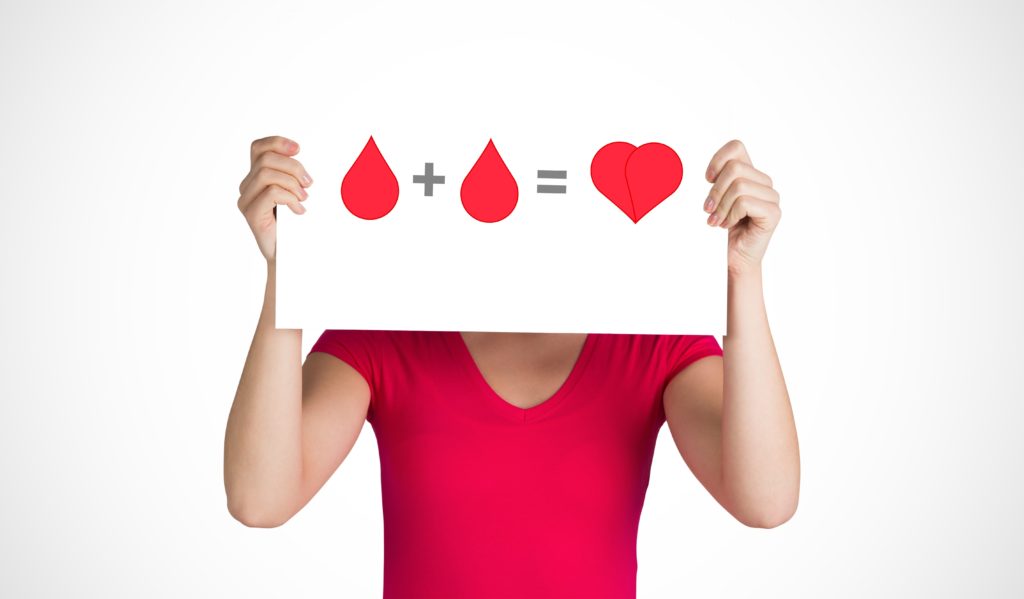Know Your Blood Type

There is enough blood in the human body to more than a 1 a gallon container. The average full-grown adult has about 1.2 to 1.5 gallons of blood circulating throughout the body at all times. Blood is such a vital component with many functions – it contains red bloods cells, white bloods cells, and platelets. The red blood cells carry oxygen throughout the body, the white blood cells fight infections, and platelets help your blood clot when needed.
The composition of blood goes above and beyond blood cells and platelets. Let’s talk antigens. Antigens are your proteins and sugars found in blood and hangout on top of your red blood cells. These antigens are very important because they determine your personal blood type. There are many possible blood types, but 8 key common ones that most people know about:
- A+
- A-
- B+
- B-
- AB+
- AB-
- O+
- O-
What determines your blood type? Genetics, of course. Every single living breathing human inherits their blood type from their mom and dad, which creates the perfect type for you. When it comes to blood type, you might inherit an A antigen from one parent and a B antigen from the other, resulting in the AB blood type. You could also get B antigens from both parents, giving you a BB, or a B, blood type. Type O, on the other hand, doesn’t contain any antigens and has no effect on A and B blood types.
Why is it important to know your blood type? If you get into an accident and need a blood transfusion, you need to know your blood type. If a family member needs another friend or family member to donate blood, you need to know your blood type. O- is the universal blood type, which means it can be giving to almost anyone in need of a transfusion, but they cannot receive any blood type in a transfusion. O+ is the most common blood type, so if you have it, donate it when possible! The rarest blood type in the United States is considered to be AB-.
As always, consult with your doctor if you have a question regarding your blood type or want to be tested to figure it out. Dr. Dharia and his team at Palm Beach Internal Medicine are here to help navigate you through this process and help educate you on your body and your health.
